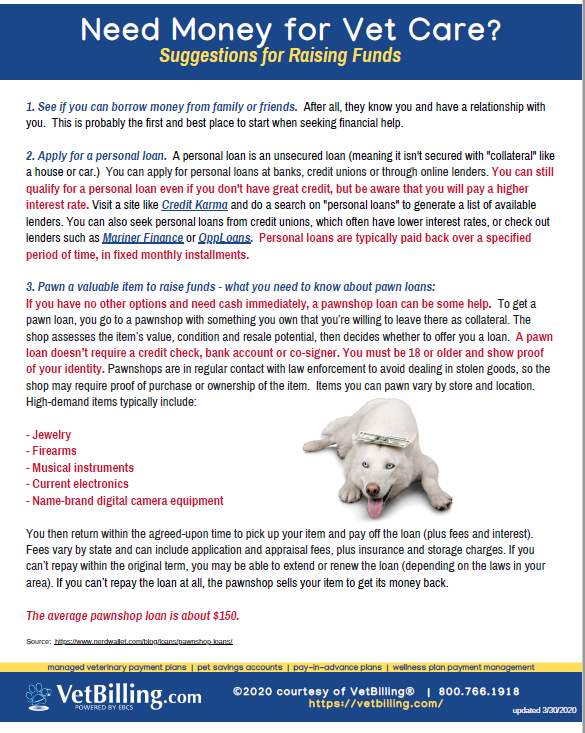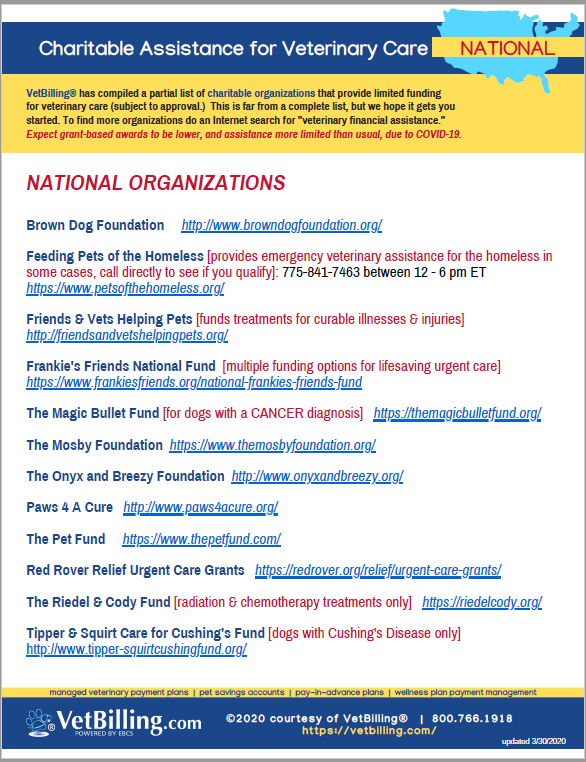As a pet owner, ensuring the health and well-being of your furry friend is a top priority. However, veterinary care can sometimes be unexpectedly expensive. This raises a crucial question: do vets offer payment plans? In this comprehensive article, we will explore various payment options veterinary clinics may provide, examine the pros and cons of these methods, and offer insights into how you can make pet care more affordable.
The Importance of Payment Plans in Veterinary Care
When your pet is in need of care, financial constraints should not stand between them and the treatment they require. Veterinary payment plans can make healthcare for your pets accessible, ensuring that financial stress does not compromise the quality of care your pet receives.
Why Consider Veterinary Payment Plans?
- Emergency Situations: Unexpected health issues can arise, requiring immediate care that may not be budgeted for.
- Routine Care Costs: Regular check-ups, vaccinations, and preventive care can add up.
- Chronic Conditions: Pets with ongoing health issues often require consistent treatment and medication.
Types of Veterinary Payment Plans
Veterinary practices vary widely in their offerings. Let’s explore the different types of payment plans that might be available.
1. In-House Payment Plans
Some veterinary clinics choose to offer their own in-house payment plans. These arrangements allow you to pay for services over time, directly to the clinic.

Pros and Cons of In-House Payment Plans
| Pros | Cons |
|---|---|
| Flexible terms based on your needs. | Interest rates may be higher than other financing options. |
| No credit check required in some cases. | Limited to services provided by the clinic. |
2. Third-Party Financing Services
Many veterinary offices collaborate with third-party financing companies, such as CareCredit, to provide payment plans. These services often offer promotional financing options.

Popular Third-Party Financing Platforms
- CareCredit: A commonly-used service that allows you to finance your veterinary bills over time.
- Scratchpay: Provides immediate decision-making for financing options tailored to your needs.
- PetAssure: Offers a membership program that provides discounts on veterinary services.
Pros and Cons of Third-Party Financing Services
| Pros | Cons |
|---|---|
| Often comes with promotional interest rates. | Requires a credit check, which can affect your score. |
| Widely accepted by various clinics. | Can lead to debt if not managed properly. |

Key Factors to Consider When Choosing a Payment Plan
1. Interest Rates and Fees
Understanding the interest rates associated with a payment plan is essential. High-interest rates can lead to significant added costs over time.
2. Eligibility Requirements
Some plans may have strict eligibility criteria. It’s crucial to understand these before applying.

3. Flexibility of Payments
Look for plans that offer flexibility in payment terms to accommodate your financial situation comfortably.
4. Reputation of the Financing Company
Research the financing company’s reputation to ensure they’re reliable and trustworthy.

Managing Your Pet’s Healthcare Costs Wisely
In addition to payment plans, consider these tips for managing pet healthcare costs:
- Schedule regular check-ups to prevent costly health issues down the line.
- Look for clinics that offer wellness plans to cover routine care at a monthly fee.
- Invest in pet insurance to help offset unexpected veterinary expenses.
Frequently Asked Questions
Do all vets offer payment plans?
No, not all veterinary clinics offer payment plans. It’s best to inquire directly with your vet to understand their specific options.

How can I find vets that offer payment plans near me?
You can search online or consult local directories and vet clinics’ websites. Many veterinary clinics highlight their payment options on their homepages.
What happens if I can’t pay my vet bill?
It’s crucial to communicate with your veterinarian as soon as possible. They may be able to offer alternative options or discuss a payment arrangement with you.

Are payment plans worth it?
Payment plans can be a great solution if you’re managing an unexpected expense, but it’s essential to evaluate the cost of interest and fees.
Conclusion
Veterinary care is a vital part of responsible pet ownership, and payment plans can significantly ease the financial burden of such care. Understanding the options available, their pros and cons, and how they fit your unique situation is crucial. Always communicate openly with your vet about your financial concerns and take proactive steps to ensure the health and happiness of your beloved pet.
Remember, your pet relies on you for their health and happiness, and finding the right financial solutions is part of that responsibility.